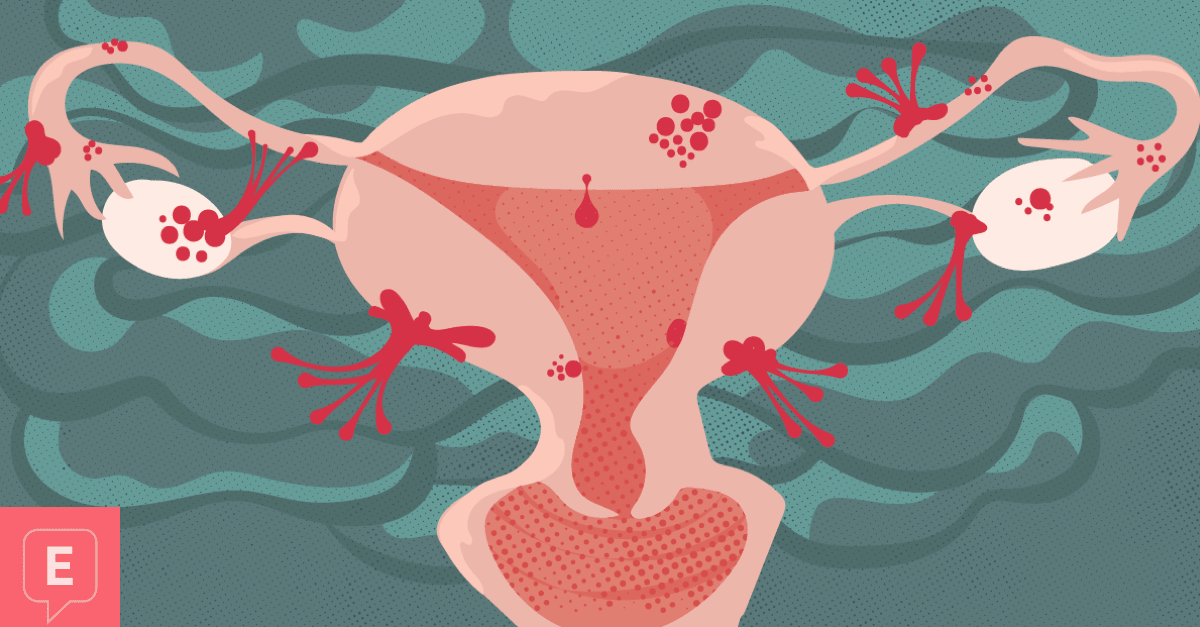Ectopic pregnancy is defined as a pregnancy in which the implantation of the fertilised egg occurs outside the uterus. In the process of pregnancy and delivery, after fertilisation, the egg attaches itself within the uterus where it it gestates to term before childbirth. In the case of an ectopic pregnancy, instead of attaching itself within the uterus, the fertilised egg implants itself elsewhere, most frequently in one of the two fallopian tubes or, more rarely, in the abdominal cavity. In about 95 per cent of such cases, the gestation occurs in a fallopian tube and hence, ectopic pregnancy is also called Tubal Pregnancy.
A pregnancy test in the case of an ectopic pregnancy will show positive, but a fertilised egg is not capable of growing to full term anywhere other than in the uterus. Therefore, early detection can save the pregnant individual since an undetected ectopic pregnancy is a medical emergency, and ectopic pregnancy is also the leading cause of death in early pregnancy. It accounts for 3.5 to 7.1 percentage of maternal deaths in India.
Ectopic pregnancy is usually a first-trimester finding and the bleeding occurs within six weeks after the last menstrual period. The destruction or rupture of the fallopian tube in a tubal pregnancy causing high blood loss can result in low blood pressure, increased heart rate and a cold feeling in the body. Sometimes, there are no specific symptoms for an ectopic pregnancy, which is why it is best to have regular medical consultation from the onset of the pregnancy. It can be diagnosed through a transvaginal ultrasound
Symptoms of an ectopic pregnancy
The most common symptoms are sharp waves of pain in the abdomen, pelvis, shoulder, or neck, severe pain that occurs on one side of the abdomen, vaginal spotting or bleeding, dizziness, rectal pressure while passing stool and sometimes, fainting. Often, due to similarity of symptoms, ectopic pregnancy is misunderstood as a urinary tract infection. Common uterine pregnancy symptoms like nausea, tiredness, soreness of breasts and the like may also be experienced in the case of ectopic pregnancies as well.
Ectopic pregnancy is usually a first-trimester finding and the bleeding occurs within six weeks after the last menstrual period. The destruction or rupture of the fallopian tube in a tubal pregnancy causing high blood loss can result in low blood pressure, increased heart rate and a cold feeling in the body. Sometimes, there are no specific symptoms for an ectopic pregnancy, which is why it is best to have regular medical consultation from the onset of the pregnancy. It can be diagnosed through a transvaginal ultrasound.
Also read: How Does Stigma Affect Access To Self-Managed Abortions?

Risk factors and causes
Everyone who gets pregnant is essentially at a risk for an ectopic pregnancy, though the incidence is very less. Some factors accentuate the risk for an ectopic pregnancy, like a medical history of pelvic or abdominal surgeries, multiple miscarriages, pelvic inflammatory diseases, and endometriosis.
People above the age of 35 are also at an increased risk for ectopic pregnancies. Contraceptive practices like use of an Intrauterine Device (IUD) or tubal ligation may also lead to ectopic pregnancies in some people. If the pregnancy was aided by fertility medication or procedures, that can also be a risk factor. Sexually transmitted diseases (STDs) such as gonorrhea or chlamydia may also lead to ectopic pregnancies. Some people have structural abnormalities in the fallopian tubes, increasing the probability of an ectopic pregnancy.
Ectopic pregnancy is sometimes followed by another ectopic pregnancy, resulting in procedures like with the removal of the fallopian tubes. The fact that the person cannot perhaps bear a child after such circumstances is taxing, especially in our society that projects motherhood as the epitome of existence for women. It is not easy to recover from the physical stress as well as the mental trauma and social pressure associated with the process. Lack of understanding and awareness leads to further angst and frustration, especially if the individual was really looking forward to birthing the child
If one is aware of the risk factors, it is best to consult with a medical professional to minimise risk and monitor the pregnancy so that there can be an early diagnosis and damage control.
Termination of pregnancy: Social and mental stress
Ectopic pregnancy treatment is sometimes socially treated as an “abortion“. While this usage is right in medical terms because medicine defines abortion as the removal of an embryo from the uterus, the social connotation and stigma surrounding abortion often interferes with the experience of terminating an ectopic pregnancy. This leads to trauma and imbalances in the mental health of the individual.
Ectopic pregnancy is sometimes followed by another ectopic pregnancy, resulting in procedures like with the removal of the fallopian tubes. The fact that the person cannot perhaps bear a child after such circumstances is taxing, especially in our society that projects motherhood as the epitome of existence for women. It is not easy to recover from the physical stress as well as the mental trauma and social pressure associated with the process. Lack of understanding and awareness leads to further angst and frustration, especially if the individual was really looking forward to birthing the child.
Women often also feel guilty because they are conditioned to be mothers and sometimes told that it is their fault that the pregnancy was not viable. Such shaming leads to silent suffering and mental health repercussions. Survivors of ectopic pregnancy need emotional and physical support. There is a need to approach it as a medical emergency, which is not under anybody’s control, rather than a gendered inadequacy of a woman.
Also read: How Representation In Media Shapes The Public Opinion On Abortion
Featured Image: Beautysauce
About the author(s)
An existentialist art lover, who is dodging the Kafkaesque world by just flipping the pages and sipping coffee




